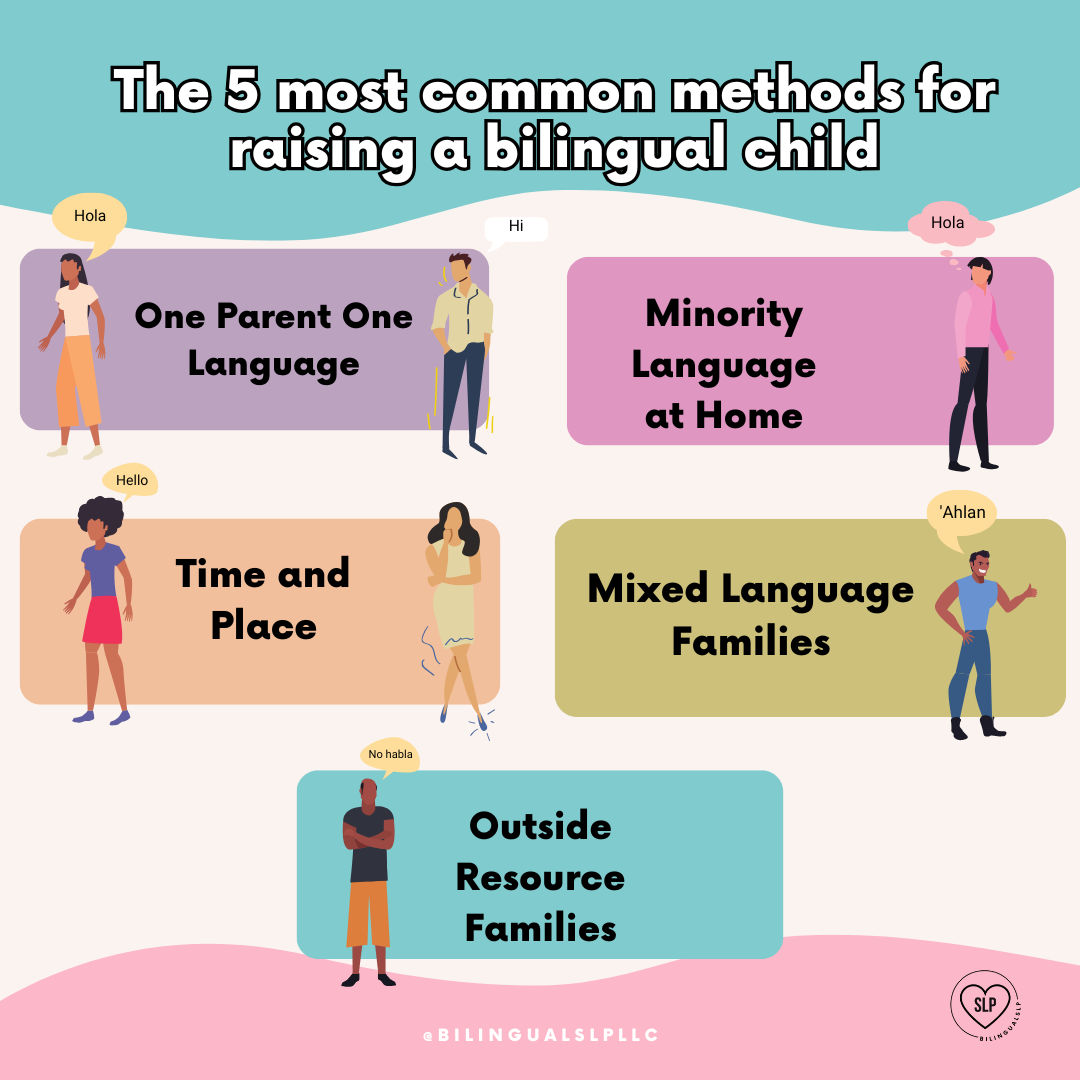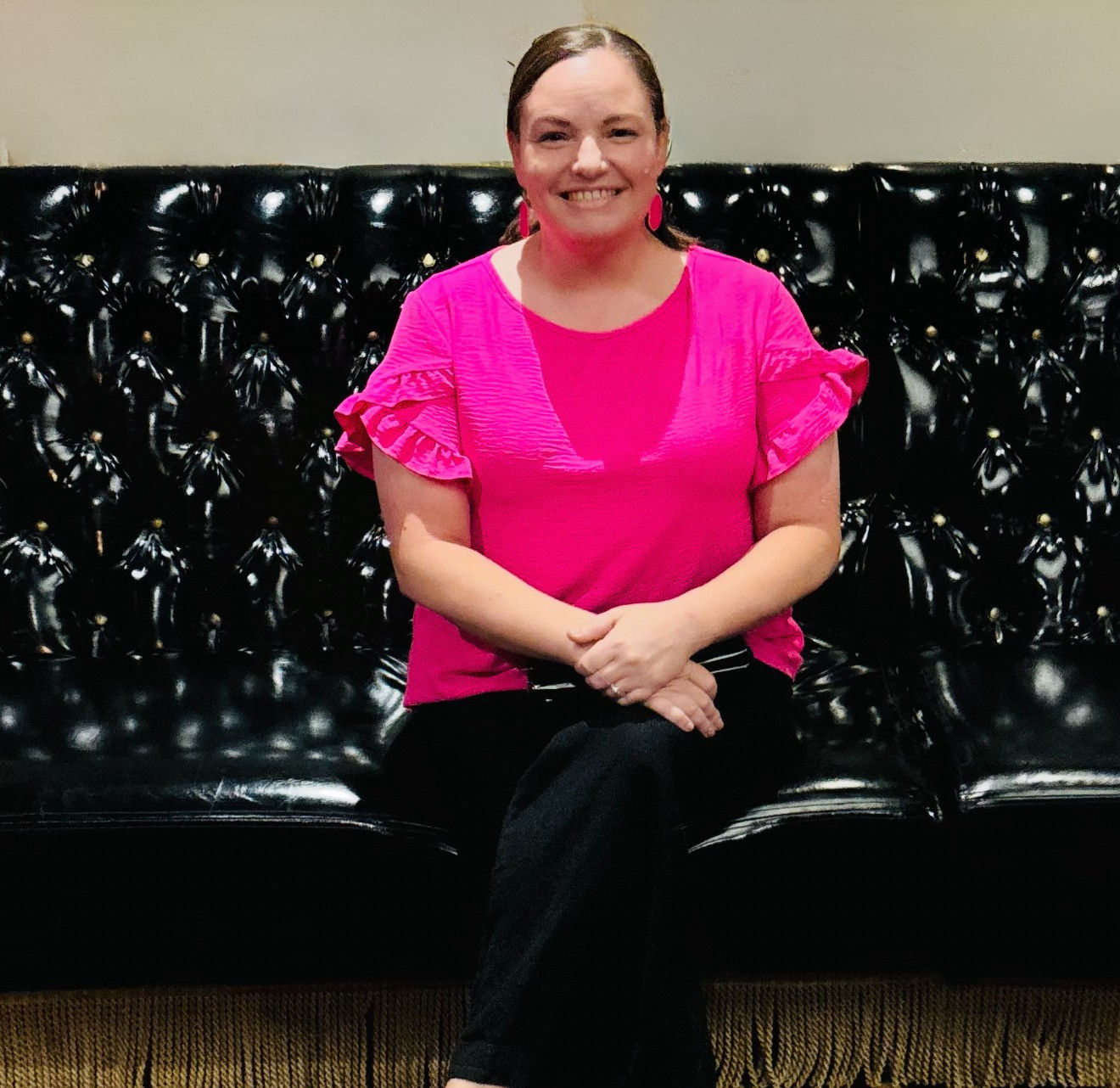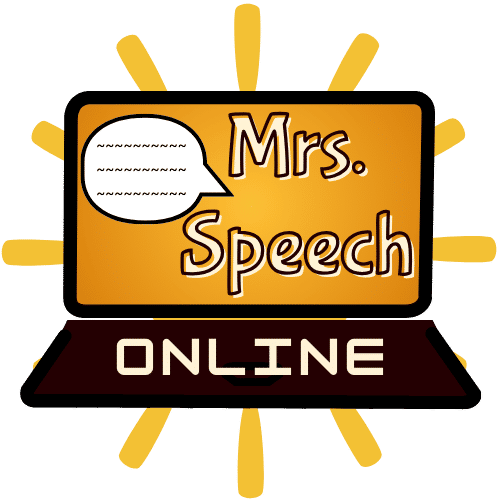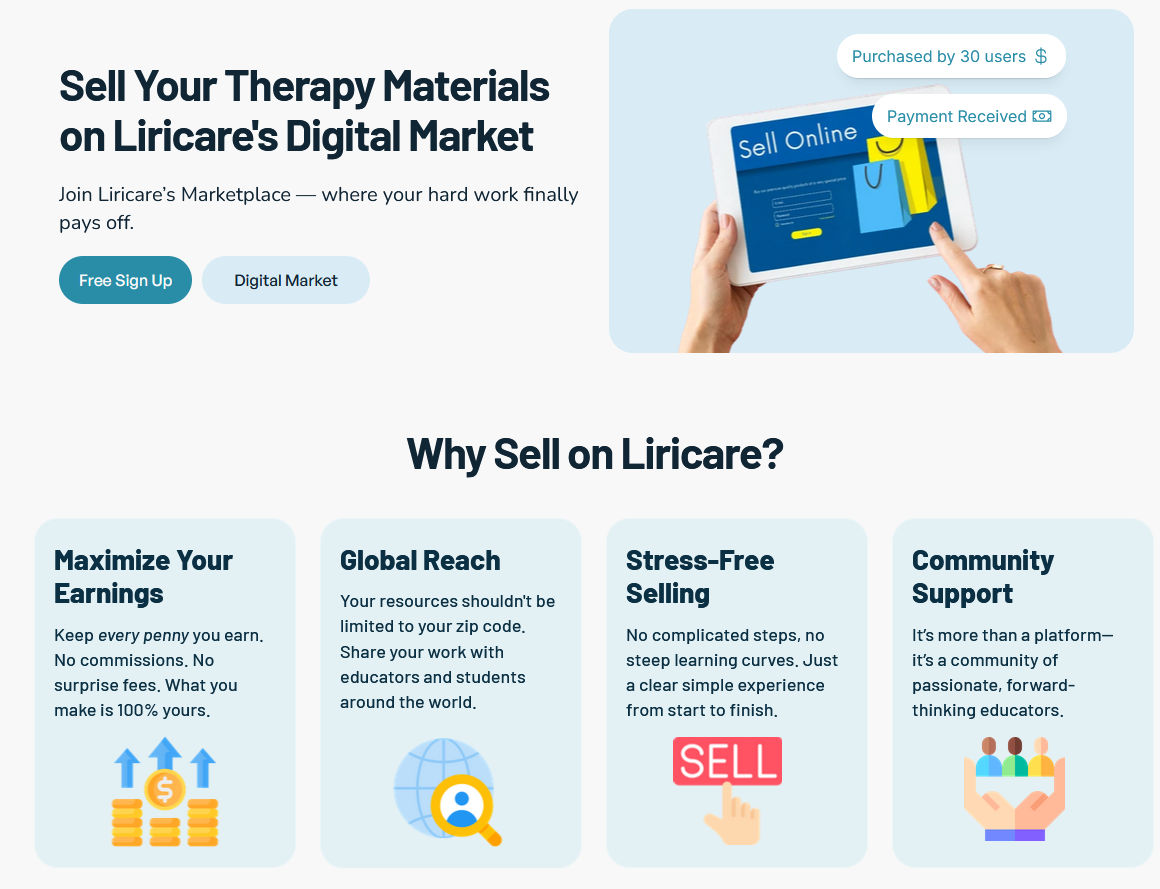Educational Therapist | Adaptive Learning & Literacy Specialist
SPECIAL EDUCATOR|TLM SPECIALIST|CPD|ASDAN|ABA INTERVENTION|AAC INTERVENTION.
HEAD BANGING IN CHILDREN WITH SPECIAL NEEDS
Head banging is a type of self-injurious behavior commonly seen in some autistic individuals, often used as a way to cope with overwhelming sensory input or emotional distress.
It can be triggered by sensory overload, frustration, anxiety, pain, or a desire for deep pressure input — making it essential to identify the root cause before addressing the behavior.
✨ Let’s talk about:
Why head banging happens
What it tells us about the child’s needs
And how we can respond safely and effectively
SPECIAL EDUCATOR|TLM SPECIALIST|CPD|ASDAN|ABA INTERVENTION|AAC INTERVENTION.
In the world of special education, communication is the foundation for meaningful growth. ✨
Recently, I worked with a vibrant 5-year-old student named Adam. Although he could vocalize words, he struggled with purposeful communication. His needs for toys, food, and assistance often went unmet simply because he lacked an effective way to express them.
Through the use of Functional Communication Training (FCT), we introduced structured, meaningful alternatives to his communication attempts. By teaching Adam simple, functional phrases paired with visual supports, we opened a door, empowering him to replace frustration with connection.
Functional communication isn't just a strategy; it's a critical step toward autonomy, dignity, and learning.
Today, I’m sharing a glimpse into how FCT can transform a child's world, one request at a time.
Hidden Battles: How TMJ Gave Me Insights on Emp...
I've recently published a new blog post reflecting on the often-invisible challenges our students navigate daily. Drawing from my personal experience with Temporomandibular Joint (TMJ) issues, I explore how physical discomfort, sensory sensitivities, anxiety, and other factors can significantly impact a student's ability to learn and thrive. This reflection underscores the critical importance of empathy and a holistic understanding of our students' experiences in educational settings.
You can read my full thoughts here: https://mrsspeechonline.blogspot.com/2025/04/hidden-battles-how-tmj-gave-me-insights.html

"bilingual children talk later"
I hear this ALL the time and it is NOT true! Early language milestones are similar for bilingual and monolingual children. If a child is not meeting these milestones, you should talk to a speech-language pathologist!
What questions do you have about bilinguals?
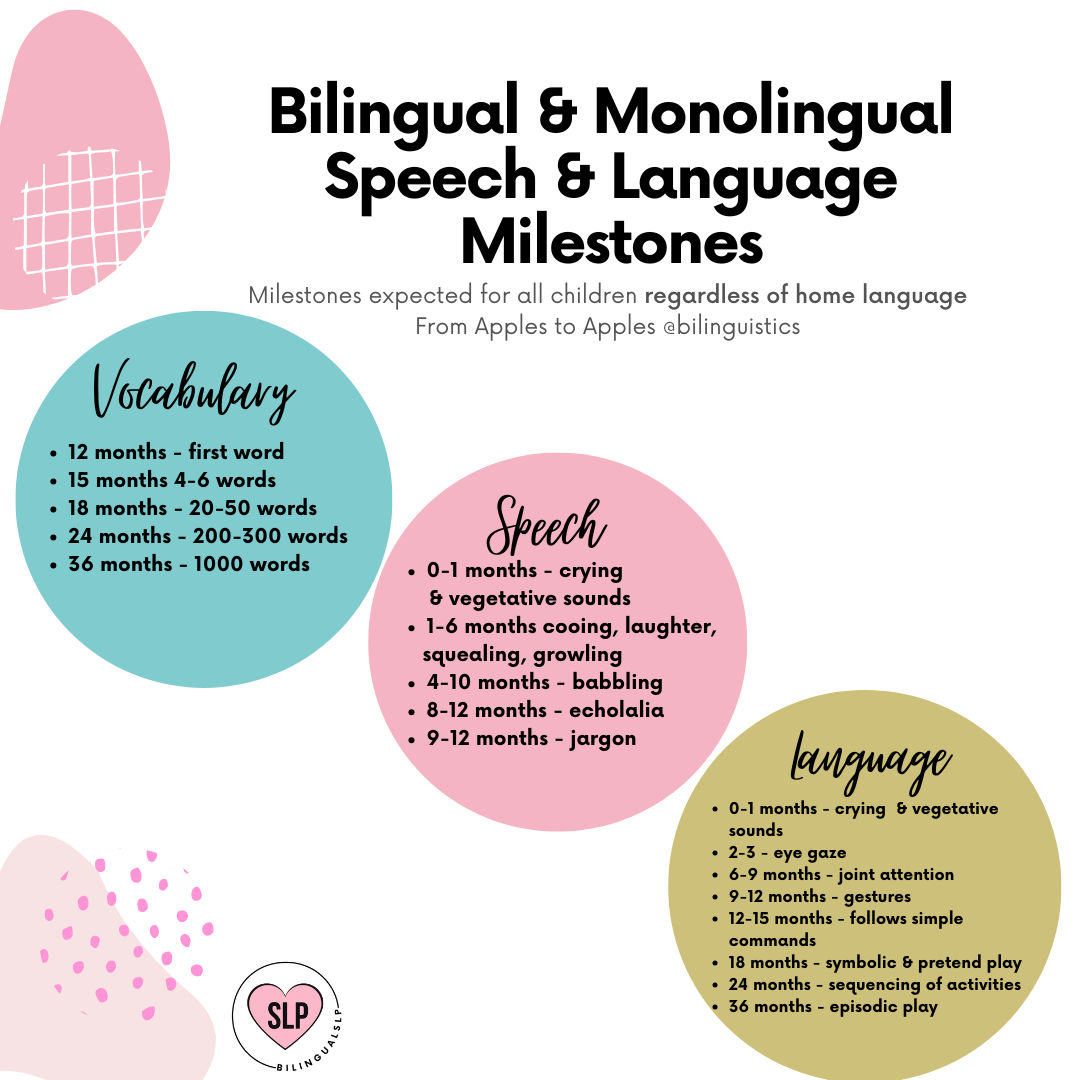
SPECIAL EDUCATOR|TLM SPECIALIST|CPD|ASDAN|ABA INTERVENTION|AAC INTERVENTION.
Why Is He Always Throwing Things
When I first met Ayaan (name changed), a 5-year-old autistic boy in my classroom, his days were filled with unpredictability, for both of us. He would run to the door multiple times, throw toys across the room, and burst into giggles at seemingly random moments. Verbal instructions didn’t land. He seemed inattentive, overwhelmed, and unreachable.
One morning, as I was picking up the same toy he had thrown for the fourth time, I paused and asked myself: "What if this isn’t misbehavior? What if this is a cry for structure?"
That simple question changed everything.
We started small: a visual schedule with just four steps, a consistent arrival routine, and movement breaks between tasks. Within weeks, he began checking the visual chart on his own. The throwing lessened. He stayed longer at the table. And for the first time, he waited in line during snack time.
It wasn’t magic. It was predictability, and it made his world feel safer.
SPECIAL EDUCATOR|TLM SPECIALIST|CPD|ASDAN|ABA INTERVENTION|AAC INTERVENTION.
"He Didn’t Even Look at Me…" ✨
When I first met my 3-year-old autistic student, he didn’t make eye contact, didn’t respond to his name, and didn’t want to sit down for any activity.
He was in his beautiful world — tapping toys, watching shapes pop up and down, occasionally reading things out loud that he had never been formally taught.
There was no schedule, no routine, and no structured learning.
Just a child who taught himself the way he liked, in an environment that hadn’t yet adapted to how he learns best.
I wanted to help him grow, but I quickly realized that before I could teach, I needed to connect.
So I stopped asking him to "sit down" or “do the work.”
I sat beside him and joined his play.
I popped the toy when he popped it.
I echoed his happy sounds.
I gave him his favorite things without expecting anything in return.
Slowly but surely, he began to smile at me.
He brought toys closer to me.
He stayed a little longer in the room.
And that was the start of everything. 💛
SPECIAL EDUCATOR|TLM SPECIALIST|CPD|ASDAN|ABA INTERVENTION|AAC INTERVENTION.
Why the IEP Is the Heart of Special Education
Behind every child with unique learning needs is a team of dedicated educators and caregivers, working together to build not just an academic path but a life of dignity, purpose, and possibility. At the center of that journey stands a tool that transforms potential into progress: the Individualized Education Plan (IEP).
The IEP is more than a document. It is a personalized roadmap—designed to celebrate a child’s strengths, support their challenges, and ensure that education is not just equal, but equitable. For children with disabilities, the IEP is a legal promise that their learning needs will not be overlooked, rushed, or underestimated.
In this article, we will explore the importance, core elements, and procedures involved in crafting an effective IEP—and why, when done right, it becomes one of the most powerful advocacy tools in a child’s educational journey.
There is no wrong way to raise a bilingual child.
Bilingualism is a gift you can give your child that will open doors of opportunities. AND IT WILL NOT CAUSE CONFUSION OR DELAYS.
Here are the 5 most common methods:
1️⃣ One Parent, One Language:
In this approach, each parent consistently speaks a different language with their child. This clear separation helps the child associate each language with a specific parent, making it easier for them to distinguish and learn.
2️⃣ Minority Language at Home
Parents create a language-rich environment at home where the minority language is dominant. Reading, playing, and communicating in the minority language ensures your child is immersed in it, reinforcing their language skills.
3️⃣ Time and Place
Parents designate specific times or places for each language. For example, weekdays could be for one language, and weekends for another or home is minority language and everywhere else the majority language.
4️⃣ Mixed Language Families
Family members to use their native language when interacting with the child. (just try to avoid using Spanglish).
5️⃣ Outside Resources
Parents leverage resources beyond the family structure. Monolingual parents may enroll their child in bilingual programs, find language apps, or visit cultural events and communities where the target language is spoken.
I was raised as a Minority Language at Home and raised my daughter as an Outside Resource family.
Let me know in the comments what method you use.
